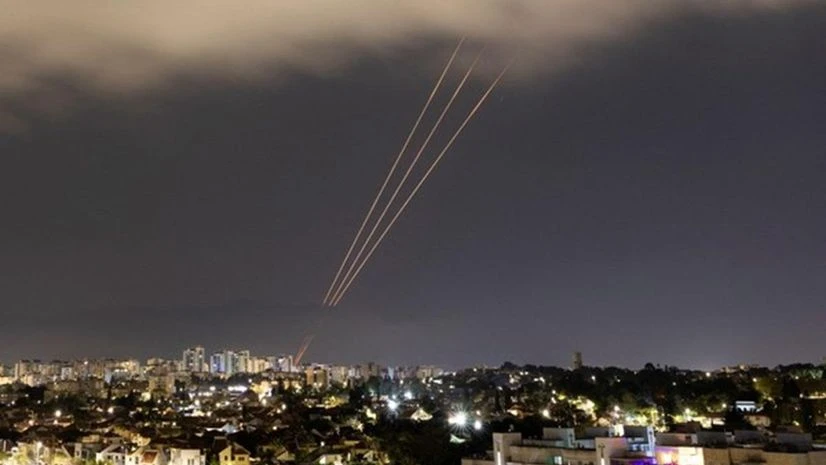Don't want to miss the best from Business Standard?

By Jonathan Tirone
The United Nations’ nuclear watchdog is still conducting activities in Iran amid Israeli threats of retaliation following Saturday’s unprecedented missile attack against the Jewish homeland.
The presence of International Atomic Energy Agency monitors is significant because they inspect some of the facilities that could be targeted by Israel. When the US began bombing Iraq in 2003, IAEA inspectors received notice to leave the country before the attack began.
“The IAEA is continuing to implement its safeguards activities in Iran as planned,” the Vienna-based agency wrote in reply to questions from Bloomberg. Director General Rafael Mariano Grossi is traveling to New York, where he’s scheduled to appear before the UN Security Council.
Also Read
Airlines including Deutsche Lufthansa AG and its Austrian Airlines subsidiary canceled direct flights to Tehran after Middle East soared in the wake of the Islamic Republic’s retaliation for an Israeli attack on a diplomatic compound in the Syrian capital of Damascus. IAEA inspectors have continued to maintain a presence in Iran amid mounting acrimony between Tehran’s government and world powers.
Iran has more than three dozen nuclear facilities as well as scattered centrifuge workshops where engineers design the fast-spinning machines needed to turn uranium ore into fuel. The IAEA reported last month that Iran has stockpiled enough highly-enriched uranium to fuel several warheads, should it choose to move forward with making a weapon.
Israel has long-planned a potential strike package aimed to take out Iran’s nuclear infrastructure. Developed in the wake of Iran’s nuclear deal with world powers, Israel tested its attack plans during the so-called Chariots of Fire war simulation in 2022.
While Israel successfully destroyed an Iraqi reactor under construction in 1981 and bombed an alleged Syrian nuclear site 2007, the challenges posed by Iran are significantly greater. Facilities are beyond the reach of Israeli aircraft and so numerous that intelligence officials have warned a strike may only delay, not destroy Iran’s ability to piece together the technologies needed to manufacture a nuclear weapon.

)
